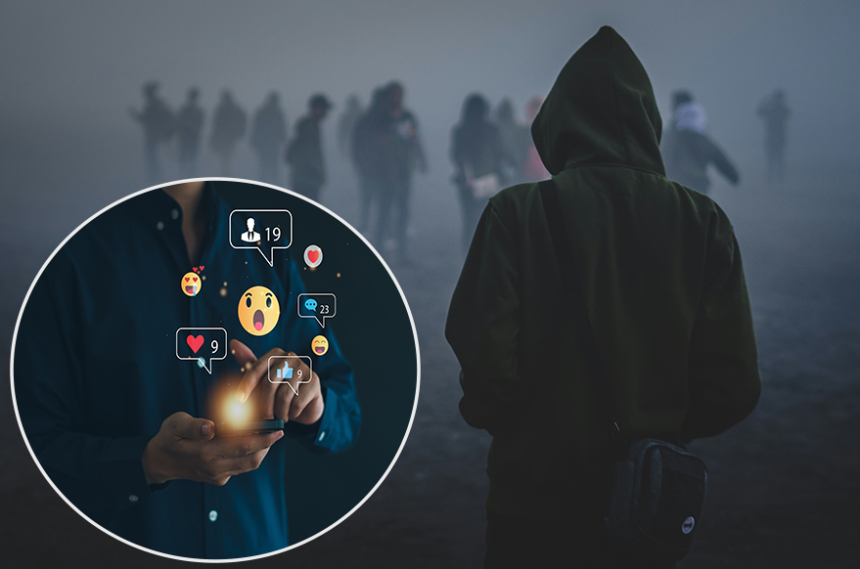NWO grant awarded for research on social media and juvenile delinquency

With the rise of social media and smartphones, the social world of young people has fundamentally changed. However, what this means for the role of peers in juvenile delinquency remains unclear. On the one hand, young people nowadays live in a hybrid world where online communication is simply one of the ways to maintain contact with peers. On the other hand, social media offer more and different contacts than before, and young people can control how they want to present themselves, which can lead to unrealistic portrayals.
The granted research project aims to investigate to what extent interaction with peers on social media influences delinquent behavior, which processes contribute to this link, and which groups of young people are most susceptible to these influences. The research results can provide policymakers and professionals in the fields of education, youth work, and juvenile justice with valuable insights for how to manage young people's social media activities. The project will start in October 2024 and will last five years.
Content of the project
The study consists of three parts:
- Annual questionnaires: A sample of young people will be followed during a part of their adolescence. They will answer questions about their social media activities, behaviors, and other characteristics. This will help to investigate long-term influences of social media.
- Smartphone research: Participants will receive pop-up micro-questionnaires on their smartphones for a few weeks. This will be used to study short-term patterns in social media activities and juvenile delinquency.
- Experimental study: Young people are invited to play a game in Virtual Reality to investigate whether they are sensitive to online (and offline) influences from peers. This enables the observation of direct effects of social media on behavior.
Cooperation
Former NSCR researcher Jean-Louis van Gelder, now director of the Max Planck Institute for the Study of Crime, Security and Law in Freiburg, is co-researcher in the project. In addition, collaboration is established with various national and international researchers in the field of social media, delinquent behavior and cybercrime.
About the researchers
Frank Weerman is a senior researcher at NSCR and endowed professor Youth Criminology at Erasmus University Rotterdam. He is the main applicant and coordinator of this project. Frank has extensive experience in criminological research, particularly in the field of juvenile delinquency. In these studies, he focused on the role of peers, troublesome youth groups and the school environment.
Evelien Hoeben is a researcher at NSCR and co-coordinator of the project. Her research focuses on the influence of peers, parenting, and situational factors on criminal behavior among young people. Evelien obtained her PhD (cum laude) in 2016 for a study on the role of unstructured socializing in juvenile delinquency.
Actuele berichten

